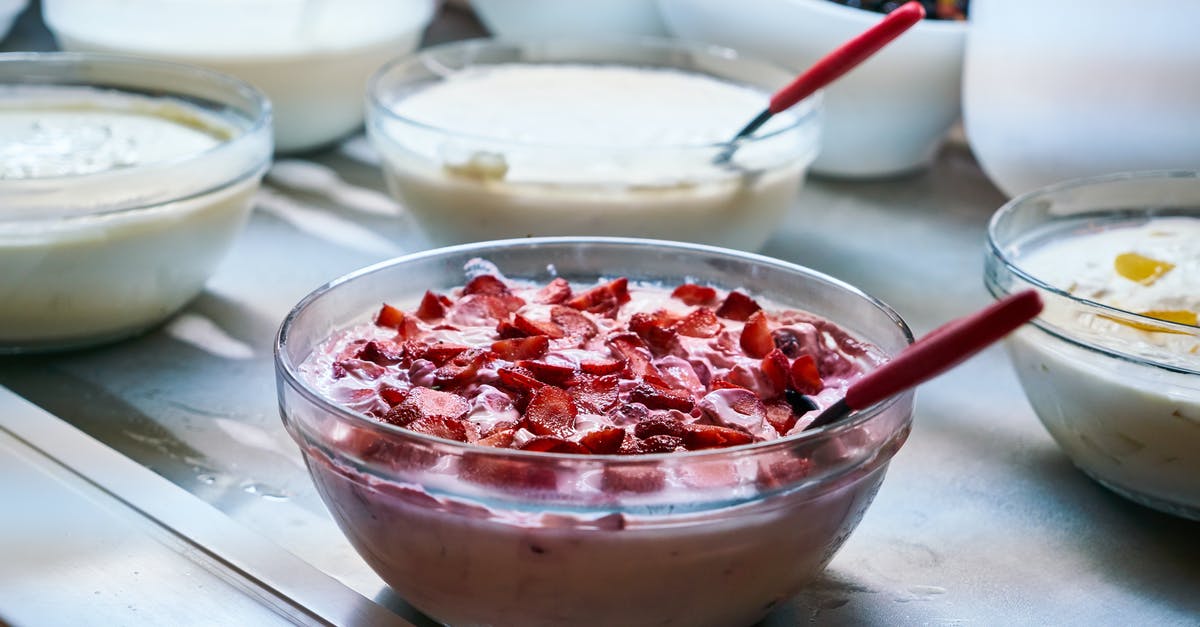Are the claims legitimate linking botulism to vacuum prepared foods?

I have read in many places 1,2,3 claims of a link between preparing foods sous vide and botulism, with claims that this is because the food is prepared in a vacuum.
This struck me as illogical, so I looked around online and could find no solid references to back up the claim that cooking food in a vacuum can result in botulism poisoning.
From what I can tell, there has been misunderstanding and confusion about the risk of vacuum sealed foods and botulism. I suspect it's because often vacuum sealing is performed to preserve food. In this case, fresh food is being vacuum sealed just before cooking to protect the food from the water, but still let it come in close contact with the water, after which it is immediately unsealed.
I also assume that clostridium botulinum does not thrive in a vacuum more than it does when exposed to air.
Is there any solid science to these claims I am questioning or is this a misunderstanding?
Best Answer
There is absolutely real truth to improper sous vide cooking and botulism. Clostridium botulinum is an anaerobic organism - it grows when there isn't oxygen - like in sous vide vacuums and canned goods.
The risk is that sous vide cooks both without oxygen and at temperatures so close to the perfect repoduction rate for the organism. If you cook it a little lower than recommended, you could be creating a perfect place to reproduce. Clostridium botulinum dies around 126 F (52.222 C) - so most sous vide won't go lower than 130 F (54.444 C).
The opponents state that the temperatures in general are far too low and if we were cooking for a few seconds, it would be. Luckily, pasteurization is a function of temperature and time. This is part of the sous vide magic. Bacterial death is a result of heat and time - if you have a high heat you may only need it for seconds. If you have lower, but sufficient heat, then as long as you cook it long enough (see recommended reading below) - then you can still pasteurize the food. Sous vide often cooks foods for hours and hours - either for taste and/or pasteurization sake.
A great resource for information here is Douglas Baldwin .
Additional, real, danger comes from if you store your finished product in the vacuum bag at improper temperatures (not freezing). Botulism spores need to reach 250 F (121.111 C) to die (this is why, in canning, some food needs to be pressure canned). You won't hit that in sous vide cooking. If you cook the food, cool it, and then store it in a non freezing temp - there's a real risk that the spores could eventually become active and reproduce. If you're going to keep sous vide food after its been cooked, generally freeze it and then reheat (quickly, in sous vide terms) in an eating temp sous vide bath to consume.
Pictures about "Are the claims legitimate linking botulism to vacuum prepared foods?"



Does vacuum sealing prevent botulism?
The good news is it's easy to prevent botulism in vacuum-sealed foods. First, remember that vacuum-sealing doesn't replace traditional food-preservation techniques. Shelf-stable dry foods, like crackers and cereal, pose no threat.Can vacuum sealing food cause botulism?
Botulism is most likely to result from low-acid, moist foods canned or vacuum packaged in an air-free environment.Can botulism grow in vacuum sealed jars?
Clostridium botulinum in Vacuum Packed Food Clostridium botulinum cannot multiply on food stored where there is oxygen. However, certain food packaging methods, including canning, vacuum packaging, and modified atmosphere packaging, can create a suitable environment for the bacterium to grow.Is a vacuum packed food safe from the growth of bacteria?
In the vacuum-packaged environment, food may become unsafe from pathogenic bacterial growth with no indicators to warn the consumer; the bacteria that would also normally be multiplying and spoil food in ways to make it unappealing (odor, sliminess, etc.) are not able to function without enough oxygen.I could have died if I ate this stew. (Botulism poisoning)
Sources: Stack Exchange - This article follows the attribution requirements of Stack Exchange and is licensed under CC BY-SA 3.0.
Images: Engin Akyurt, Annushka Ahuja, Annushka Ahuja, Annushka Ahuja
